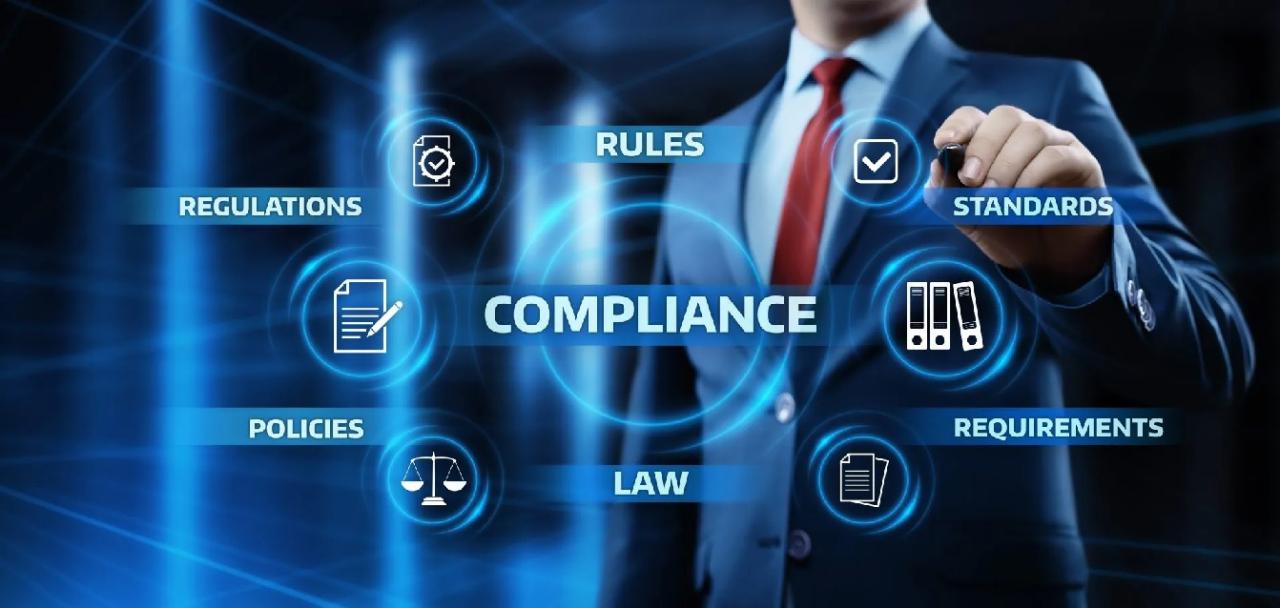Starting with The Importance of Regular Server Backups, it’s crucial to understand the significance of protecting your valuable data from potential risks and losses.
Regular server backups are like an insurance policy for your digital assets, ensuring that you can recover swiftly and efficiently in case of any unforeseen events.
The Importance of Regular Server Backups
Regular server backups are crucial for ensuring the safety and security of important data stored on servers. By backing up data regularly, businesses and organizations can protect themselves from potential risks and mitigate the impact of data loss.
Significance of Regular Backups
Regular backups help in safeguarding critical information, such as customer data, financial records, and operational documents. In the event of a system failure, cyber attack, or accidental deletion, having recent backups ensures that data can be restored quickly and efficiently.
Creating viral content requires the use of the best digital tools available. Learn about the essential tools needed to produce engaging content that goes viral by exploring The Best Digital Tools for Creating Viral Content and capture the attention of a wider audience.
- Preventing Data Loss: Regular backups reduce the risk of permanent data loss, allowing businesses to recover information in case of unexpected events.
- Maintaining Business Continuity: With backups in place, organizations can minimize downtime and continue operations smoothly even after a data loss incident.
- Compliance and Legal Requirements: Many industries have regulations that mandate data backup practices to protect sensitive information and ensure regulatory compliance.
Potential Risks of Not Performing Regular Backups
The failure to perform regular server backups can expose businesses to significant risks and vulnerabilities, leaving them susceptible to various threats.
Without backups, businesses may face permanent data loss, financial repercussions, reputational damage, and operational disruptions.
Digital tools play a vital role in enhancing your PR strategy. Discover how these tools can elevate your PR efforts by visiting How Digital Tools Can Improve Your PR Strategy and stay ahead in the competitive market.
- Data Breaches: Lack of backups can increase the likelihood of data breaches, resulting in the compromise of sensitive information and loss of customer trust.
- Ransomware Attacks: Cybercriminals often target organizations with inadequate backup systems, encrypting data and demanding hefty ransom payments for decryption.
- Natural Disasters: In scenarios like fires, floods, or earthquakes, businesses without backups risk losing critical data and facing challenges in recovering essential information.
Impact of Data Loss on Businesses and Organizations
Data loss can have severe consequences for businesses and organizations, affecting their operations, finances, and reputation.
- Financial Loss: Data loss can lead to financial setbacks due to the cost of data recovery, potential fines for non-compliance, and loss of revenue from disrupted operations.
- Reputation Damage: The loss of customer data or service disruptions can harm a company’s reputation and erode trust among clients, partners, and stakeholders.
- Lack of Productivity: Without access to critical data, employees may struggle to perform their tasks efficiently, leading to decreased productivity and operational inefficiencies.
Types of Server Backups
In the world of server backups, there are different types that serve unique purposes to safeguard your data effectively.
- Full Backup:This type of backup involves copying all data from the server to a designated storage location. It provides a complete snapshot of the server at that specific point in time. Full backups are comprehensive but can be time-consuming and resource-intensive.
- Incremental Backup:Incremental backups only save changes made since the last backup, reducing the amount of data stored and the time needed for the backup process. However, restoring data may require multiple incremental backups along with the full backup.
- Differential Backup:Differential backups save all changes made since the last full backup. Although they are faster to create than full backups, they occupy more storage space with each subsequent backup. Restoring data from a differential backup only requires the full backup along with the most recent differential backup.
Real-World Scenarios, The Importance of Regular Server Backups
In a scenario where you need to back up your server daily but have limited storage capacity, incremental backups could be the ideal choice. By only saving the changes made each day, you can conserve storage space while ensuring data protection.
However, if you have ample storage and prefer a simpler restoration process, full backups may be more suitable.For businesses that require a balance between storage efficiency and ease of data recovery, using a combination of full and differential backups can be beneficial.
Utilizing the right tools is crucial for managing relationships with influencers. Check out the Top Digital Tools for Influencer Relationship Management to streamline your influencer collaborations effectively.
Full backups provide a complete snapshot periodically, while differential backups capture changes since the last full backup, streamlining the restoration process.Understanding the differences between these types of server backups allows you to tailor your backup strategy to meet your specific needs and ensure the safety of your data in any situation.
Best Practices for Server Backup: The Importance Of Regular Server Backups
Setting up a regular backup schedule is essential to ensure the safety and security of your data. In addition to scheduling backups, testing them regularly and storing backup data securely are crucial steps in maintaining the integrity of your information.
Step-by-Step Guide for Setting Up a Regular Backup Schedule
- Choose a reliable backup software or service that meets your needs.
- Determine the frequency of backups based on the volume and importance of your data.
- Set up automated backup schedules to ensure consistency and reliability.
- Store backups in multiple locations to prevent data loss in case of hardware failure or disasters.
Importance of Testing Backups
- Regularly test your backups to ensure that they are functioning correctly and that your data can be restored when needed.
- Verify the integrity of your backups by checking for any errors or corruption in the data.
- Perform test restores to confirm that your backup files are complete and can be accessed without any issues.
Tips for Storing Backup Data Securely
- Encrypt your backup files to protect sensitive information from unauthorized access.
- Use secure storage methods such as cloud storage with multi-factor authentication or external hard drives kept in a secure location.
- Implement access controls to restrict who can view or modify backup data, ensuring only authorized personnel can manage backups.
Tools and Technologies for Server Backups
When it comes to ensuring the security and availability of your data, choosing the right backup software and tools for your servers is crucial. There are a variety of options available in the market, each with its own set of features and benefits.
Let’s explore some popular backup solutions and how they can help streamline your backup process.
Popular Backup Software and Tools
- Acronis Backup: Known for its comprehensive backup and recovery capabilities, Acronis Backup offers flexible options for both physical and virtual servers.
- Veeam Backup & Replication: This tool is widely used for its efficient data protection, replication, and disaster recovery features, especially in virtualized environments.
- Veritas Backup Exec: A trusted solution for many organizations, Veritas Backup Exec provides reliable backup and recovery for servers, databases, and applications.
Comparison of Backup Solutions
- Ease of Use: Acronis Backup is known for its user-friendly interface and easy setup process, making it a popular choice for beginners. On the other hand, Veeam Backup & Replication offers advanced features for more experienced users.
- Reliability: Veritas Backup Exec is often praised for its high level of reliability and robustness, ensuring that your data is safe and accessible when needed.
Automation for Streamlining Backup Process
Automation plays a key role in simplifying the backup process and reducing the risk of human errors. By setting up automated backup schedules and workflows, you can ensure that your data is backed up regularly without manual intervention. This not only saves time but also minimizes the chances of missing critical backups.

By implementing best practices for server backups and utilizing the right tools and technologies, you can fortify your data protection strategy and minimize the impact of data loss on your business or organization.








